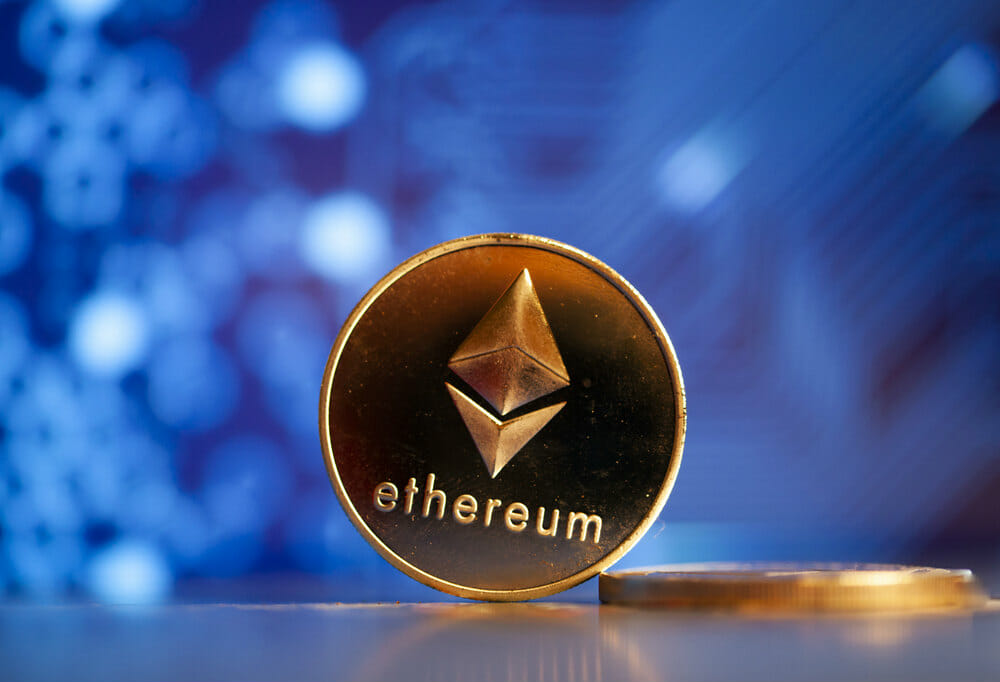Max Keiser Warns Milei Against Ethereum, Says It’s a Scam
Keiser responded to Javier Milei’s comments to bitcoiners and questioned the monetary freedom being promoted by the Argentine government.
A few days ago, the president of Argentina, Javier Milei, made reference to the monetary freedom he promised during his campaign, referring to the free currency competition regime he intends to establish in the South American country.
“If you want to use bitcoin, there will be no problems,” the president said in X, emphasizing the freedom offered by his government to use any cryptocurrency and even other assets.
As reported by a media outlet, the president’s statement was well received by many members of the cryptocurrency community and also caught the attention of Max Keiser, a well-known bitcoin advocate and advisor to Nayib Bukele, president of El Salvador.
Keiser took the opportunity to criticize Ether (the cryptocurrency of the Ethereum network) and other altcoins, warning Milei to be careful about including digital currencies other than BTC.
“Allowing fraudulent coins like ETH and others will slow progress in Argentina. Milei will figure this out eventually. Most make this mistake before becoming a bitcoin maximalist,” Keiser wrote on the social network.
Comments on the topic followed hours later, with Keiser suggesting that the freedom to use any currency promised by Milei “is not a free market argument.”
“Free markets regulate against fraud,” the U.S. journalist commented, adding that “ETH and 2 million fraudulent coins are fraud and should carry warning labels or be banned altogether.”
Reactions to Keiser’s Comment
The words of the bitcoiner, nationalized as Salvadoran, against the second most important cryptocurrency in the market provoked the reaction of several X users. Although some supported his ideas, there were those who quickly questioned his publications.
“They’ll call you a statist if you don’t allow them to continue cheating,” @LesFender4 said in support of Keiser’s stance on banning cryptocurrencies like ETH, adding that “few libertarians understand the fulcrum that balances freedom and responsibility.”
Keiser’s criticism was not supported by the user identified as Saratoshi Nagamoto, who believes the journalist’s claim lacks arguments to be validated.
“He has not provided a single argument to support his idea that Ethereum is a scam. None whatsoever,” he wrote. This, while another comment made it seem like the scam label for ETH was only because Keiser doesn’t like the cryptocurrency.
In this sense, one of the commenters reminded that “there are many cryptocurrencies that are not scams”, while another replied that “they will have to be scammed before they realize it”.
A more neutral stance was taken by user @Beep1140587Beep, who pointed out the differences between BTC and ETH. “I really don’t see the competition between the two, or even the point of mentioning them in the same sentence, or even in the same conversation. They are two completely different entities with different value propositions.”
In this way, Keiser’s comments not only confronted Milei’s pro-currency freedom stance, but also reignited an old, perennial debate that often pits bitcoin and Ethereum advocates against each other.
While the former stands out as a pioneering decentralized digital currency that promotes financial sovereignty, Ethereum’s blockchain stands out for the boost it has given to the ecosystem with the development of a wide variety of tools.
By Leonardo Perez
